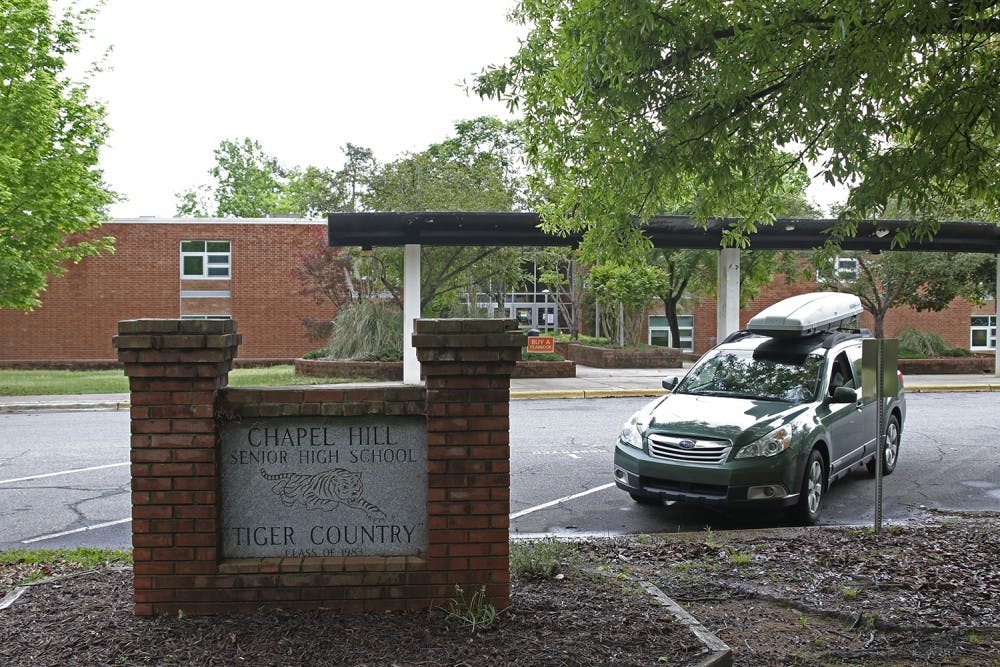Parents, students, teachers and leaders of the school district gathered Saturday afternoon to share their experiences and grievances regarding racial disparities in the Chapel Hill-Carrboro school system.
The Community Assembly on Racial Equity in Chapel Hill-Carrboro City Schools was held by The Campaign for Racial Equity in Our Schools.
Wanda Hunter, a co-organizer of the event, said that the campaign started in 2015 by gathering data on racial inequities and interviewing parents, teachers and administrators in order to compile a comprehensive report.
According to the report, African-American students are suspended eight times more than white students and are three times more likely to be sent to the office.
“The School Board voted not to hear our report, so we did a press conference and at the press conference we shared our findings with the public,” Hunter said.
Alissa Ellis, another co-organizer of the event, said she was particularly concerned about disparities that are difficult to quantify, such as different tones and coded language used by teachers toward white students compared to students of color.
She stressed how important it is to understand new, potentially uncomfortable perspectives and criticized victim-blaming and those who deny racism exists.
“We’re here to change the narrative, we’re here to change racial equity at the system level,” Ellis said. “A lot of people call me idealistic, but I don’t know how you can live in this world and not be idealistic because that’s how the change and hope happens.”
Michael Jones, a chorus teacher at Culbreth Middle School, said he attended the event to encourage public discourse about discrimination in education.



